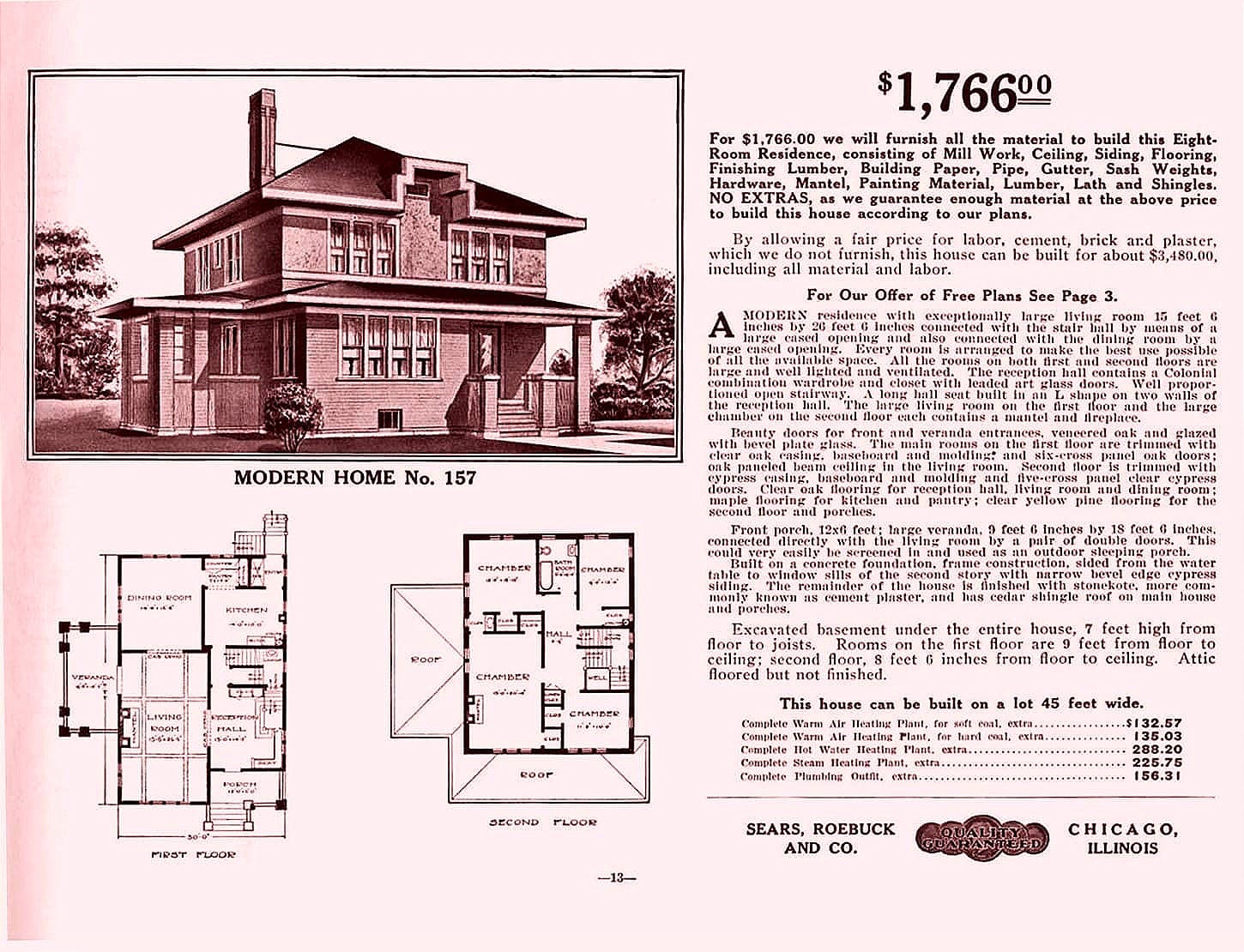A Calculated Demise: Concerning Revenue and Individuals
Currently, a brand new and voracious enterprise mannequin has come to prominence, changing buyer care with outright indifference, and, in sure sectors, turning American workmanship right into a travesty. Its mantra is writ giant upon the panorama of commerce and trade: revenue earlier than individuals, or, as we’d regard it, greed earlier than good, a rallying cry of company ambition and the brand new technocracy. The story of how we arrived at this level is advanced and past the scope of this reflection, discovering its origins within the darkness of human nature. Suffice it to say, we (who’re sufficiently old) bear in mind the glory days of ease and luxurious that reached their peak throughout the Nineteen Eighties, the peak of American consumption. In these days, the buyer was king, and repair usually exceeded expectations, with religion in American workmanship and ethics being the norm. And now, with the glories of yesteryear in thoughts, let’s contemplate our current state of affairs by the lens of client expertise.
RV Trade Scandals
In recent times RV homeowners have observed a pattern, a sample of car failures that can not be justified–even for an unregulated trade. From “body flex” and incorrectly put in plumbing (to fixtures missing screws) and elements merely falling off from common use, high quality management points have gotten the norm. Why? As bigger firms bought smaller ones to develop into huge corporations–Thor and Tiffin coming to mind–they started to make use of inferior elements and rushed their manufacturing schedules, usually using inexperienced staff. Furthermore, piecework has overtaken the trade, hourly pay, pleasure in craftsmanship, and worker advantages fading into historic reminiscence. The end result has been catastrophic for patrons in any respect worth factors, with failures impacting luxurious fashions in addition to funds choices. And, predictably, many firms are unwilling to compensate clients and assume accountability for defective merchandise. As of this writing, the YouTube channel Liz Superb has chronicled many circumstances.
Company greed and worker/buyer abuse should not new issues. Nonetheless, as they develop into customary working practices, and the legal guidelines proceed to favor giant firms, placing revenue earlier than individuals has develop into an indispensable enterprise mannequin. For sure, it has develop into more and more troublesome for trustworthy builders to outlive. Within the RV world, we will assume again on firms like Lazy Daze, a “boutique” model that turned out far fewer merchandise however maintained an outstanding stage of high quality. In at the moment’s market their RVs can be prohibitively costly, out of attain to all however the wealthiest clients. In an attention-grabbing little bit of irony, the CEOs who’ve destroyed the trade can afford custom-built RVs, and need not depend on their very own merchandise. And this raises an essential query.
Is there an agenda to destroy the middle-class and empower the elites to proceed re-shaping society of their favor? The proof seems to talk volumes, as individuals of modest means are stretched to the breaking level.
Within the face of declining high quality, costs have elevated dramatically, with many shoppers spending upwards of $200,000, and a few over half 1,000,000 for his or her RVs. And what are their choices when issues go unsuitable? When customers face indifference from producers, Liz Superb can usually advocate for them, social media being the nice equalizer in lots of circumstances. Actually, it is fairly unhappy that firms have to be threatened with public shame and compelled to imagine accountability.
Had the women and men of the Nineteen Fifties carried out enterprise on this method, with greed and contempt for his or her clients, the age of American prosperity would by no means have materialized. In fact, greed and corruption are nothing new, however authorities regulation and a modicum of integrity served our predecessors nicely. Now, let’s transfer from the manufacturing of tangible items to the realm of healthcare–if you possibly can name it that.
On-line “Remedy”
Whereas watching van life movies, I observed {that a} specific company–which will stay unnamed here–was enthusiastically endorsed by content material creators, its companies being a bit questionable, at greatest. On-line remedy? Sure, that is what they name it.
Briefly, creators rave {that a} fast video name with a “certified therapist” has made all of the distinction of their lives. So, if their viewers are in want of speedy psychological well being companies, a life-changing resolution is obtainable, within the type of an affiliate hyperlink. Nonetheless, as a result of many individuals endure from very severe issues, the promise of simple on-line options bears scrutiny. What is definitely occurring right here?
Nicely, it is the magic of product endorsement, re-envisioned for the age of web advertising and marketing. YouTube publishers make a revenue from selling services to their subscribers, generally turning into rich within the course of. However what occurs when viewers who want specialised care belief their favourite van lifers or true crime podcasters? Suffice it to say that on-line remedy is a brand new pattern with harmful implications, and those that revenue from selling it ought to be scrutinized.

Though on-line care is likely to be useful for these with minor points, the problem–which has been extensively documented in court docket circumstances (and by subsequent YouTube movies) –has to do with general high quality in addition to ethics. The corporate in query has formed the trade whereas setting problematic requirements of care and repair.
Very similar to their counterparts within the RV trade, they’ve scaled manufacturing to an untenable stage and put their clients in danger, this whereas usually turning to unlicensed practitioners. What was as soon as a severe occupation is more and more turning into a facet hustle. Furthermore, as gig work turns into normalized for licensed therapists, their skilled credibility and residing requirements will proceed to lower. With this in thoughts, we transfer to the topic of data ethics.
Maybe probably the most severe allegations towards the corporate pertain to their use of consumer data. True, the advanced relationship between privateness legal guidelines and on-line affected person care has but to be absolutely clarified. And the corporate rightly claimed that they have been following trade requirements on this space. Nonetheless, the query of how and why they share affected person data have to be thought-about. Ultimately, the state of affairs has every part to do with belief.
Sufferers entrust the corporate with demographic particulars in addition to their non-public medical histories. And, when revenue comes earlier than all else, each will doubtless be used to extend the corporate’s wealth. This case presents an moral disaster of appreciable magnitude.
Clearly, the net remedy trade was created for a purpose, to assist the revenue earlier than individuals enterprise mannequin. Now, what occurs after we switch this ethos to the world of reasonably priced housing?
Sears Homes and Amazon Sheds
,
To conclude, we now have an instance from Kendra Gaylord, a YouTube writer who research residential structure and its relationship to popular culture, two topics fairly pricey to my coronary heart. In a current piece, Gaylord examined the historical past of mail order homes, from the kits offered by Sears (from 1908 to 1942) to the current choices from Amazon, foldout packing containers variously known as “homes” and sheds or, in some circumstances, “supplemental workplace areas.” In all conditions, nonetheless, the brand new kits don’t conform to any constructing codes that will allow clients to make the most of them, not less than not in any useful trend, electrical fittings and plumbing being listed as upgrades. From low ceilings to flimsy development, the brand new package houses don’t have anything in frequent with the Sears merchandise of yesteryear. Actually, most of the previous constructions are nonetheless in use, over a century after development, and have develop into the topic of in depth historic analysis. How did it start?
As Gaylord explains, the Sears division that offered constructing provides was modestly profitable, till somebody determined to assemble the supplies as kits. With twenty-two kinds accessible within the catalog, a set worth, and dependable cargo by practice, it was a components for achievement. Between 1908 and 1940, roughly 100,000 homes have been offered, represented by over 400 totally different designs. Briefly, the Sears model turned a staple of American life for good purpose, serving to working class households to get pleasure from extra enriched life. Transferring into newer instances, Amazon has traced the same trajectory by reaching out to the multitudes, albeit with a variety of essential variations.
Gaylord factors out that Amazon’s position as a platform–an on-line market the place quite a few producers and distributors promote their wares–presents issues for one thing as advanced as a “home” in a field. As a third-party vendor, the corporate has no engagement with the manufacturing of the supplies and, ultimately, does little greater than accumulate their share of the cash. Whereas Sears supplied prime quality merchandise and strengthened the nation’s economic system, Amazon does neither–but on a a lot bigger scale.
By studying previous ads, one discovers high quality housing because it as soon as existed, unadorned and plainspoken however snug by most requirements. Granted, the worth was appreciable for the time, but it surely was reasonably priced for many households. Once we examine these houses to the abysmal choices of RV producers, and the so-called homes offered by Amazon distributors, it places issues into perspective.

After reflecting on failures in RV manufacturing, the moral points surrounding on-line remedy, and the world of Amazon homes, we will see the advanced relationship that exists between revenue and other people. Hopefully, the latter will rise to the event to manage the previous.
For Additional Studying:
Asay, Chuck. RV Trade (Pikes Peak Library District) 2009. (Downloadable Archival Materials)
Ciulla, Joanne B., et al. Trustworthy Work: A Enterprise Ethics Reader (New York: Oxford College Press) 2014.
Preston, Richard, et al. Fifty Years of American Industrial Growth (Place of publication not recognized) 1975.
Sears Robuck and Firm. Sears, Robuck Catalog of Homes, 1926: An Unabridged Reprint (Philadelphia, New York: Athenaeum of Philadelphia; Dover Publications) 1991.
Kim Steele and Paul Goldberger. American Trade (Novato, California: Goff Books, an Imprint of ORO Editions) 2022.
Katherine H. Stevenson and H. Ward Jandl. Homes by Mail: A Information to Homes from Sears, Robuck and Firm (Washington, D.C., New York: Preservation Press; John Wiley) 1996.

0 Comment